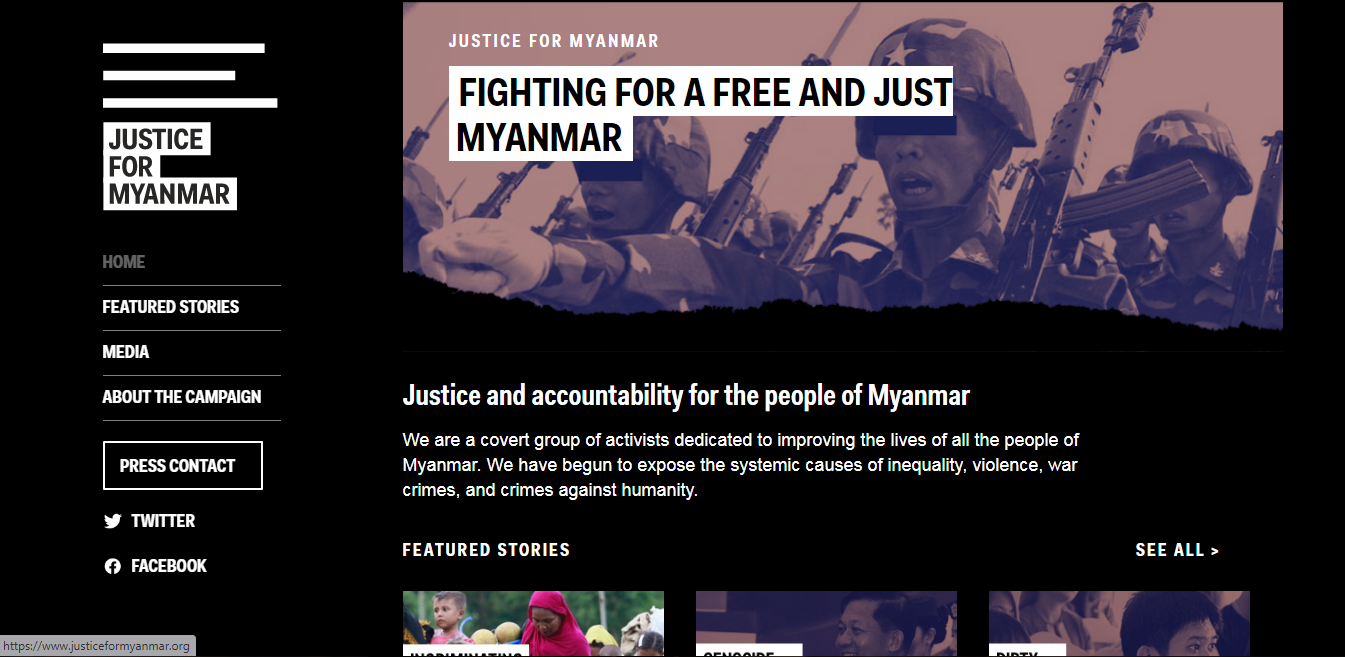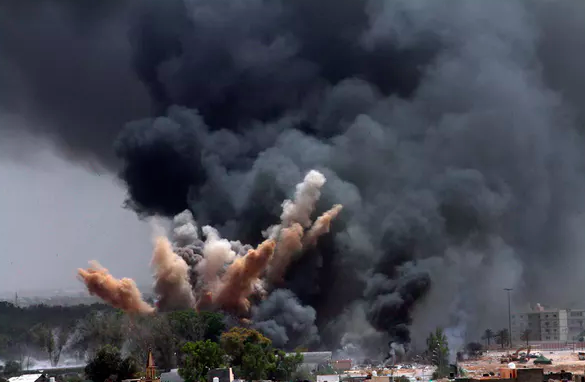Over 500 civilians have been killed since Myanmar’s Feb. 1 military coup. Protests and civil disobedience campaigns launched by pro-democracy activists are ongoing.
On March 30, pro-democracy activists in Myanmar launched a civil disobedience campaign of throwing garbage into the streets at key intersections in protest of the country’s military rule and the frequent killing of civilians by security forces. At least 512 civilians have been killed since Myanmar’s Feb. 1 military coup.
The military seized control of Myanmar two months ago, ousting democratically elected leader Aung San Suu Kyi of the National League for Democracy (NLD). After Suu Kyi’s landslide victory, the opposition began claiming widespread election fraud and demanded a recount of the votes. The military backed the opposing party’s claims of fraud, despite the election commission’s statement that there was no evidence to suggest the election had been tampered with. On Feb. 1, Parliament was scheduled for its first meeting since the Nov. 8 election, where it was expected to endorse the election results and approve the next government. The military detained Suu Kyi and the leaders of the NLD, arrested a number of writers and activists, and declared a yearlong state of emergency.
Sign up for our newsletter here!The coup returned Myanmar to full military rule after the country’s decadelong quasi-democracy. Myanmar was under full military rule from 1962 to 2011, when the military implemented a parliamentary election system. Since the coup, Suu Kyi has been held in an undisclosed location and faces several charges, including violating the country’s official secrets act.
Protests against the coup began immediately, and are some of the largest and most widespread protests in Myanmar since 2007, when thousands of monks spoke out against the military. A number of civil disobedience campaigns, like the current garbage strike, have been ongoing as well, paralyzing various sectors of the economy. The military’s response to protests escalated quickly, from imposing curfews and limits on gatherings to the use of rubber bullets and live ammunition. Hundreds of civilians have been killed by security forces. March 27 was Myanmar’s Armed Forces Day, and the deadliest day of the coup thus far, with 141 deaths resulting from the military’s attempt to stop protests.
The current garbage strike reportedly began after loudspeaker announcements in some areas of Yangon, Myanmar’s largest city, urged residents to dispose of their garbage properly. Word of the protest circulated on social media alongside the message that anyone could join in protest against the military. Once the protest had started, photos of garbage piling up in the streets began to circulate.
Sign up for our newsletter here!Also on March 30, a joint letter from the Myanmar National Democratic Alliance Army, the Arakan Army and the Ta’ang National Liberation Army called for the government to stop killing protesters and to resolve political issues.
Rachel Lynch
Rachel is a student at Sarah Lawrence College in Bronxville, NY currently taking a semester off. She plans to study Writing and Child Development. Rachel loves to travel and is inspired by the places she’s been and everywhere she wants to go. She hopes to educate people on social justice issues and the history and culture of travel destinations through her writing.























